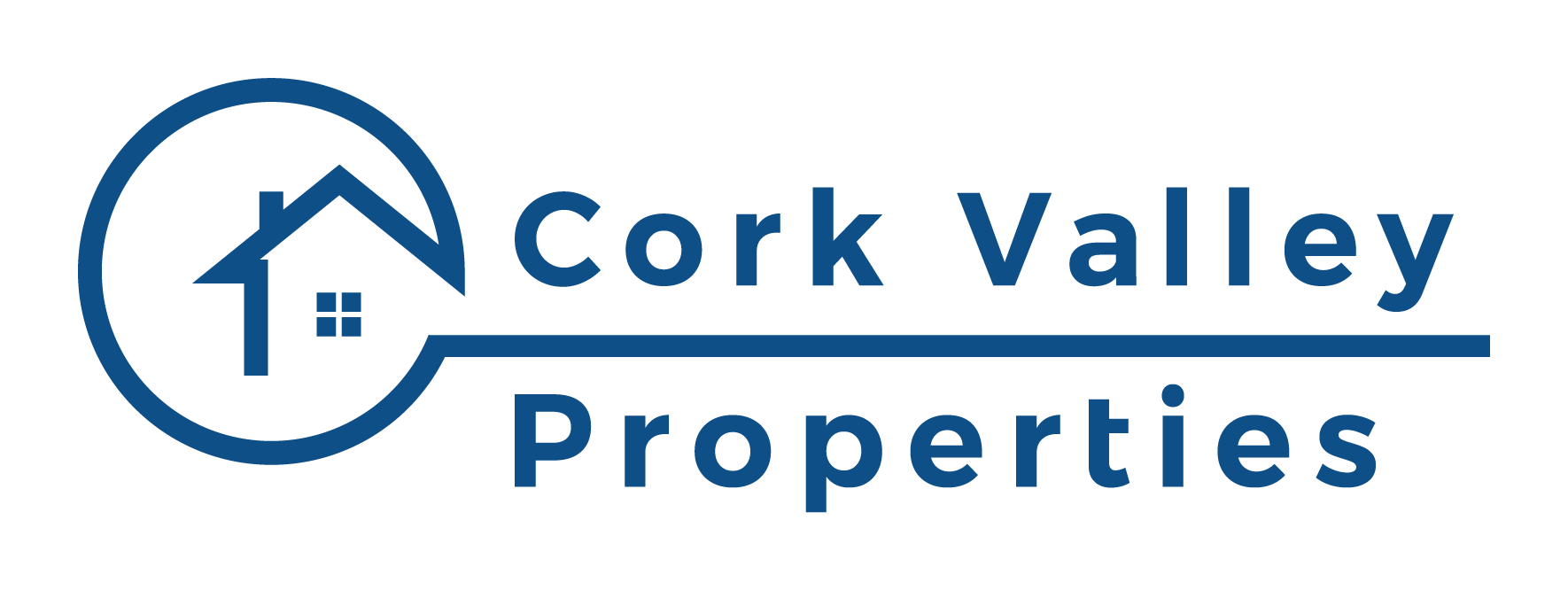1. Timing Your Sale
- Employer timeline: Check if your relocation package (if any) requires you to move by a certain date.
- Market timing: If possible, try to sell in the spring/summer when demand is typically highest.
- Contingency planning: If you must move quickly, you may need to price competitively or consider an investor offer for speed.
2. Relocation Assistance from Employer
- Some companies offer relocation benefits like:
- Reimbursement of closing costs or moving expenses.
- A guaranteed home buyout (they purchase your home if it doesn’t sell).
- Assistance with temporary housing.
- Always review your relocation package closely before making decisions.
3. Financial Considerations
- Capital gains taxes: If you’ve lived in the home 2 of the past 5 years, you may qualify to exclude up to $250,000 ($500,000 married filing jointly) of gains.
- Mortgage payoff: Check if your mortgage has prepayment penalties.
- Costs of selling: Expect to pay 6–10% of the home price in commissions, fees, and closing costs.
4. Logistics of Selling
- Traditional listing: May take longer but could maximize value.
- Relocation companies / Investors: Faster but often at a lower price.
- Renting instead: If market conditions are weak, renting your home until conditions improve could be an option.
5. Preparing for a Fast Sale
- Declutter and deep clean.
- Make minor repairs (paint, landscaping, lighting).
- Consider professional photos and staging to attract buyers quickly.
6. Coordinating the Move
- Plan overlap: You may need temporary housing in your new city while waiting for closing.
- Consider remote closing options—many states allow you to close digitally or via mail-away signing.
✅ Key Tip: If your relocation is employer-sponsored, start with HR—they may cover part of your selling costs or even arrange the sale for you.
